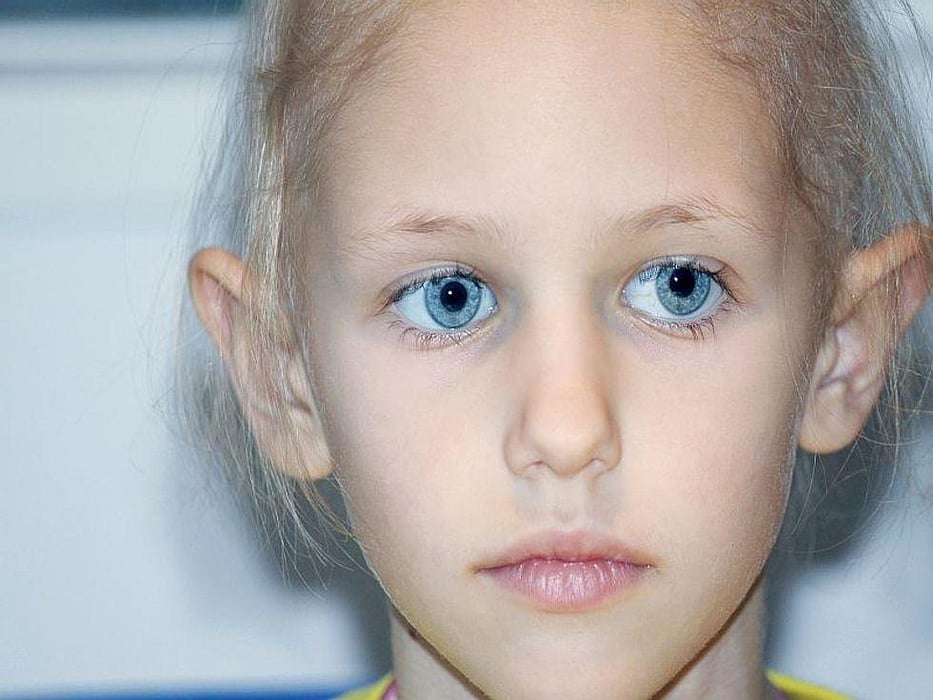Long-Term Outcomes Described for Survivors of Childhood ALL

TURSDAY, Jan. 20, 2022 (HealthDay News) -- In an article published online Dec. 29 in Cancers, long-term adverse and positive outcomes are described for survivors of childhood acute lymphoblastic leukemia (ALL).
Charlotte Sleurs, Ph.D., from the University Hospital Leuven in Belgium, and colleagues examined potential risk factors for decreased quality of life and life challenges in long-term childhood ALL survivors enrolled in studies between 1971 and 1998. Self-report questionnaires were obtained from 186 survivors (median time since diagnosis, 20.5 years), including the Short Form Health Survey (SF-12) and Impact of Cancer-Childhood Survivors (IOC-CS).
The researchers observed no association for mental component scores of SF-12 with any risk factor. Relapsed, irradiated, and National Cancer Institute high-risk patients had lower physical component scores. In female, younger (younger than 6 years), and relapsed patients, the life challenges IOC-CS subscale was more negatively impacted by cancer. In relapsed versus nonrelapsed patients, the personal growth subscale was more positively impacted, while body and health and socializing were less positively impacted. In older patients (older than 6 years), socializing was more positively impacted.
"Given that younger, female, and relapsed patients might experience more life challenges up to many years after treatment, psychosocial support focusing on this issue could be recommended," the authors write. "On the other hand, relapse, irradiation, and high-risk categorization might lead to more physical challenges, which should receive specialized physiotherapeutic interventions, including support of a healthier lifestyle."
Related Posts
MRSA: What It Is, Causes, Symptoms & Treatment
You may have heard of antibiotic-resistant bacterial infections, which are...
La OMS afirma que el final de la pandemia quizá esté cerca
JUEVES, 15 de septiembre de 2022 (HealthDay News) -- El final de la pandemia de...
AHA News: Regresa con cuidado a los deportes escolares con estos consejos de expertos
MARTES, 15 de agosto de 2023 (American Heart Association News) -- Cierto es que...
Preset Opioid Rx May Not Impact Pain Control After Tonsillectomy
WEDNESDAY, July 27, 2022 (HealthDay News) -- A lower default number of doses...
